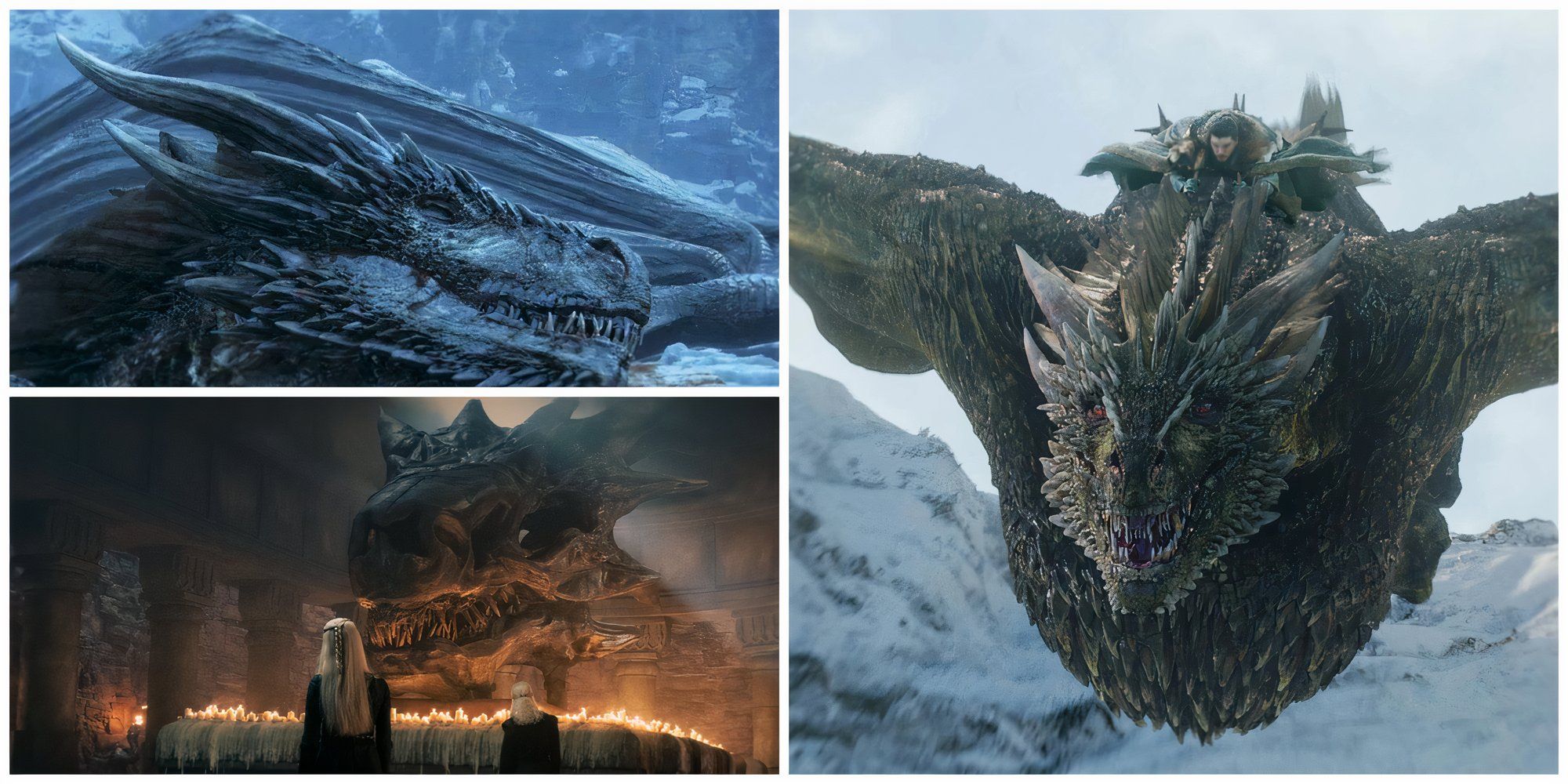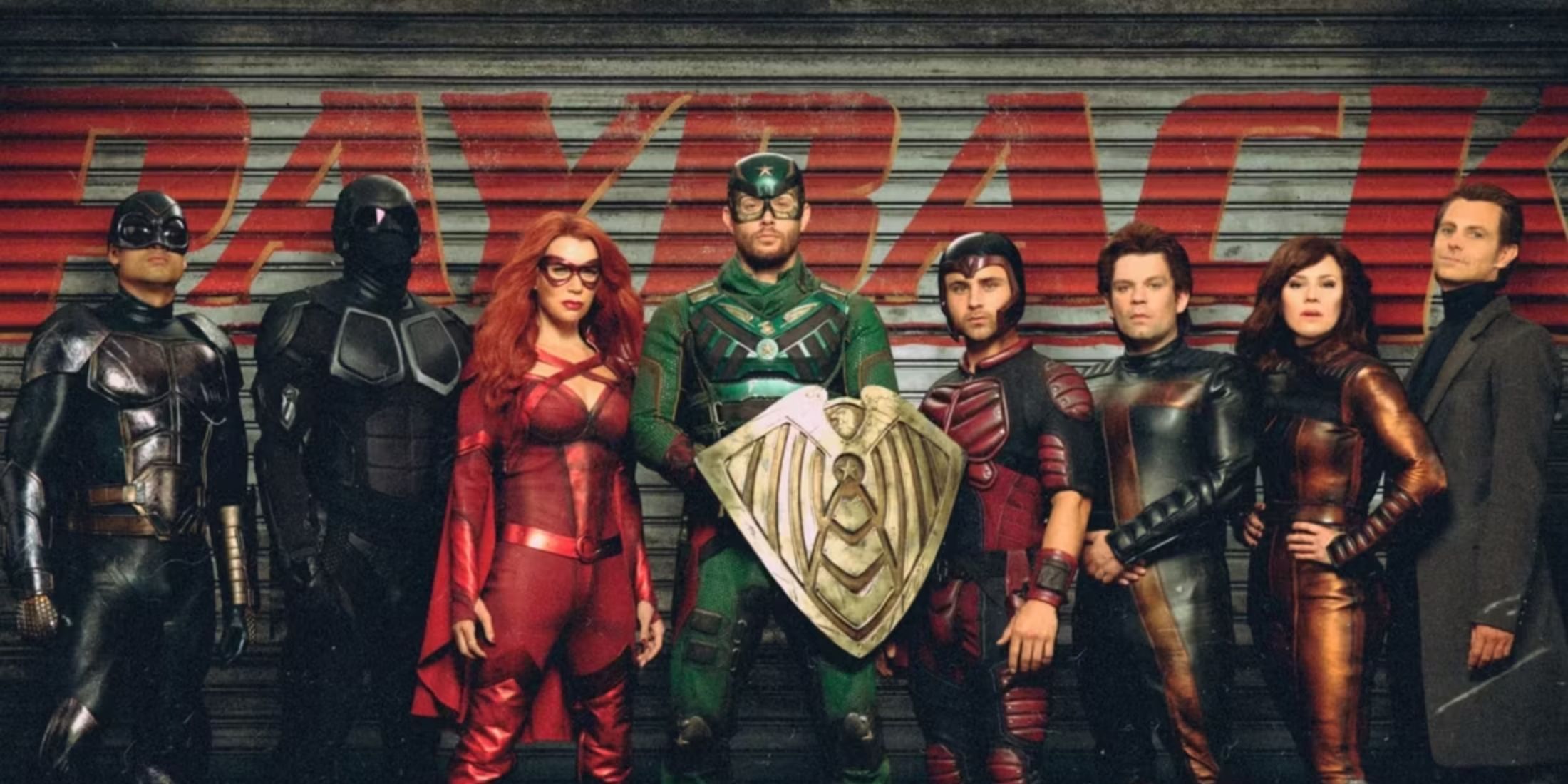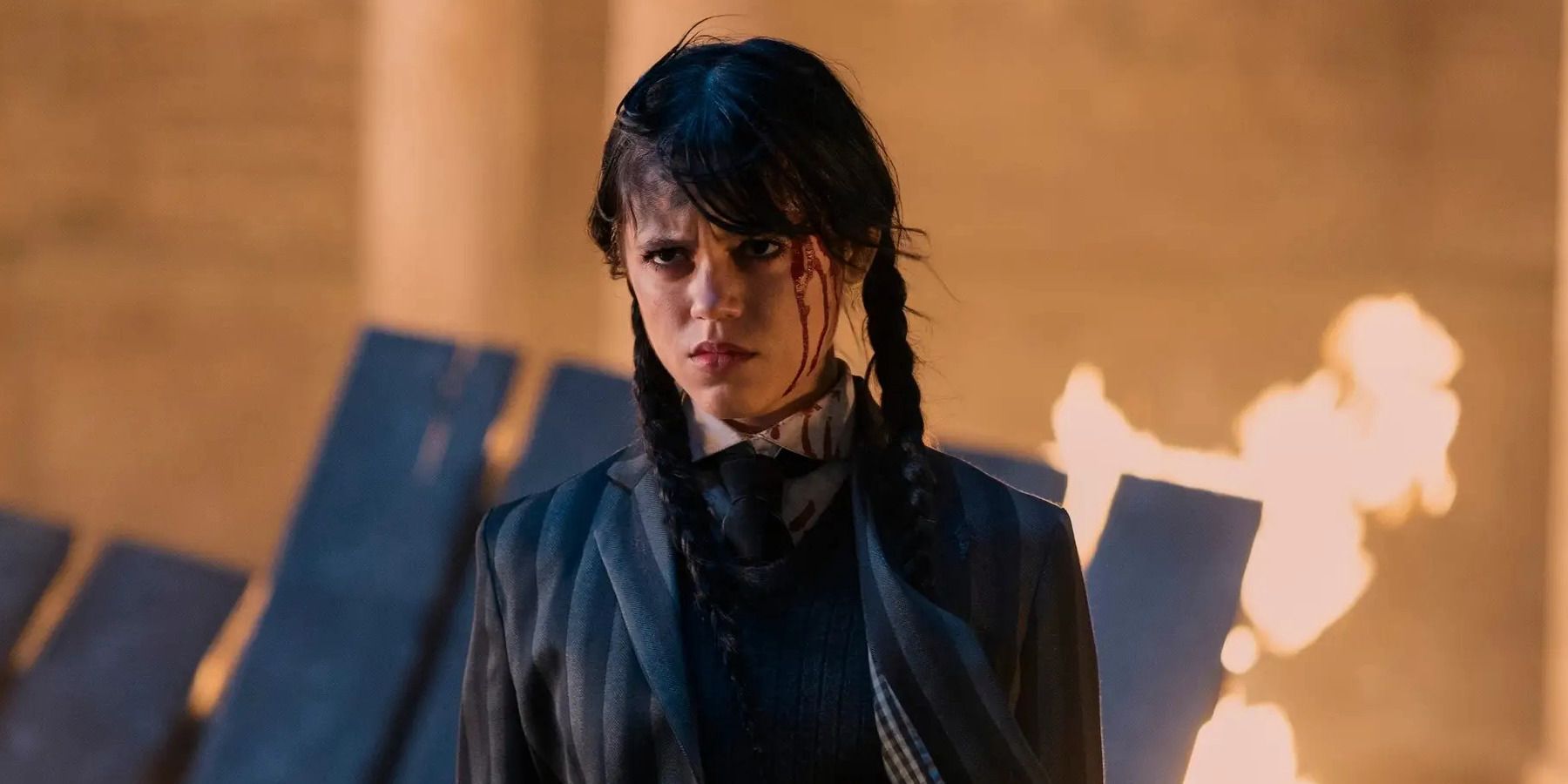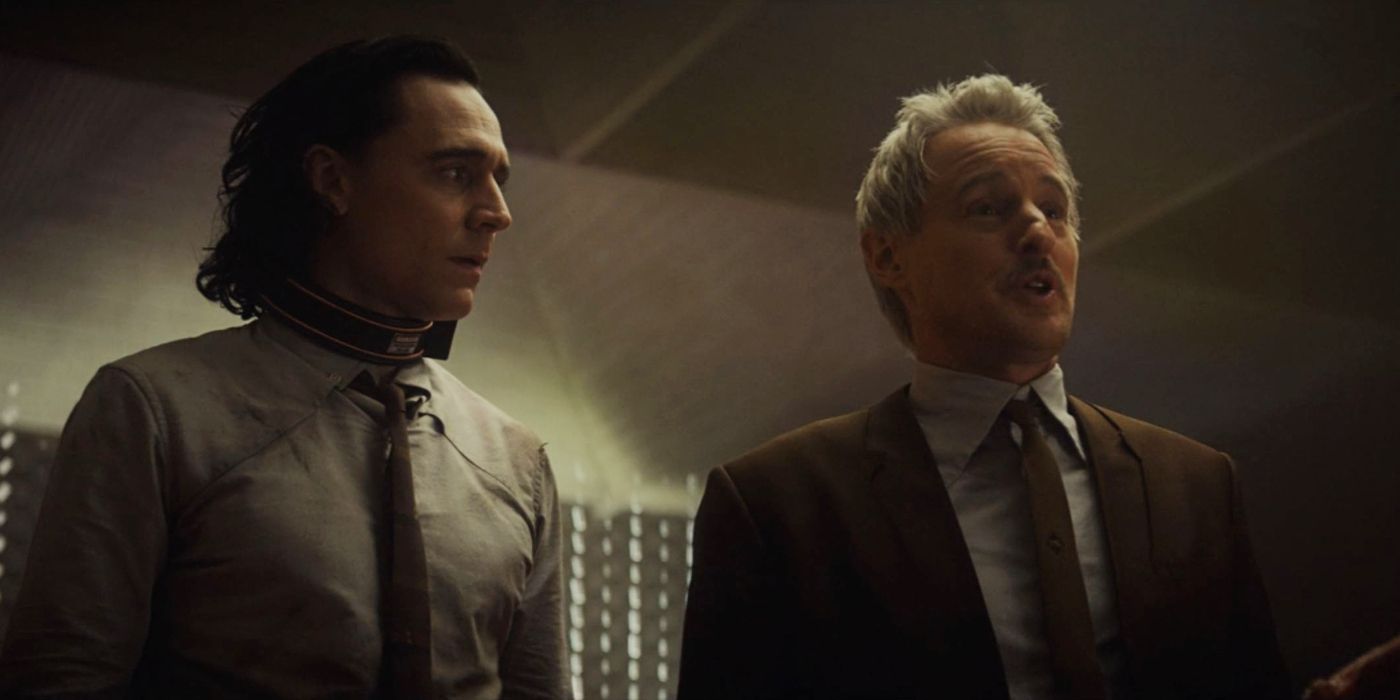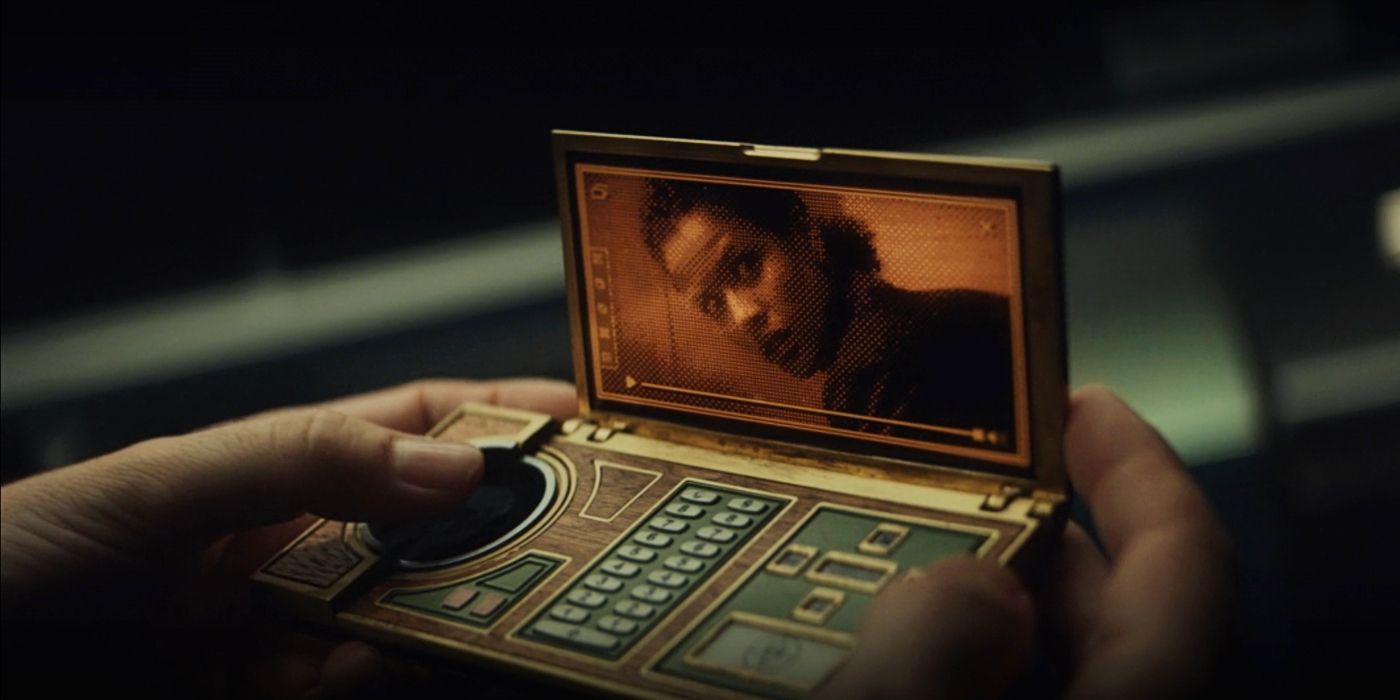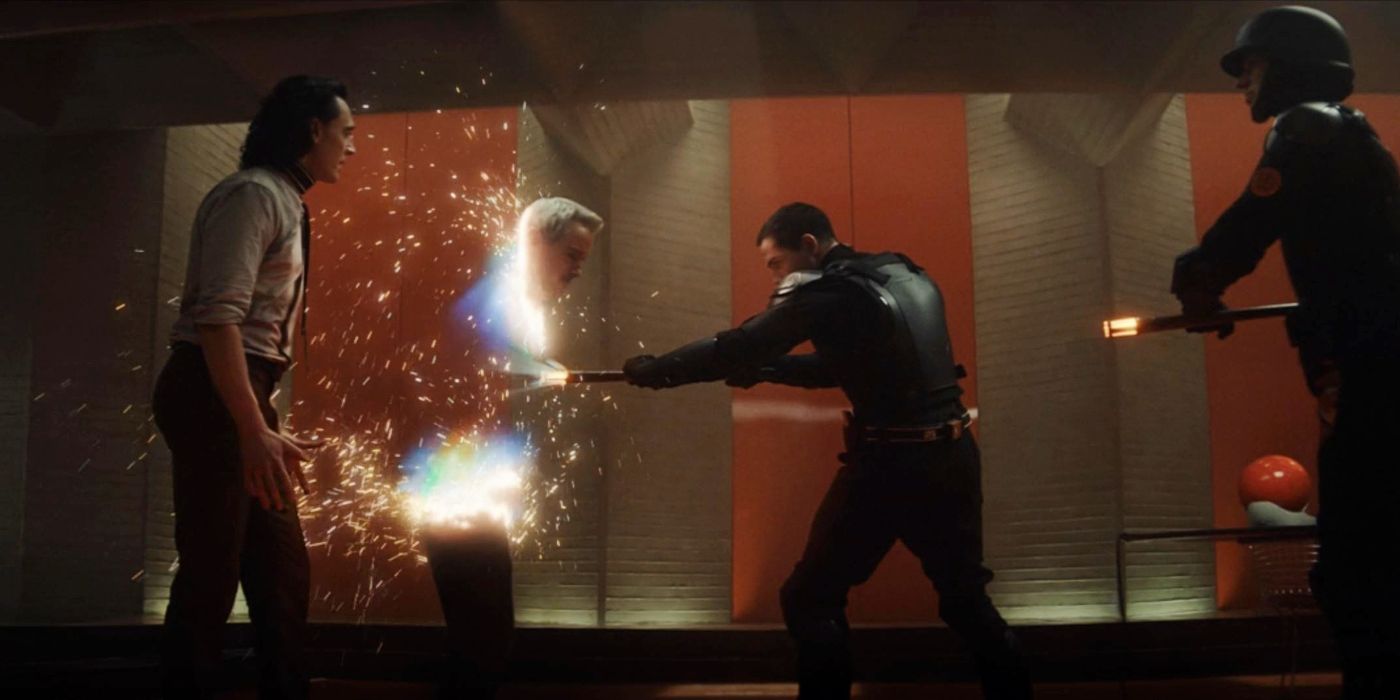This article contains spoilers for episode 4 of Loki.
With four episodes down and two to go for Loki, the god of mischief’s summer internship at the Time Variance Authority seems to have come to an abrupt end. While most may have picked up on the TVA’s questionable methods since the very start, “The Nexus Event” fully revealed what it really takes to keep the time dictatorship in place.
In doing so, Marvel Studios has brought to life its own version of a totalitarian regime that would make George Orwell proud if the famed English author ever got a chance to take a look at the brutalist architecture, dull hallways, old technology, and bureaucratic methods of the TVA. Just like in the 1984 film adaptation, everything the audience sees in Loki serves the purpose of keeping the sacred timeline airtight and clean for the Time Keepers.
By now it’s pretty clear that Marvel Studios is not shy of experimenting with the kind of content that gets put up on Disney Plus (hence the WandaVision sitcom experiment), yet seizing the opportunity to do with the MCU what Orwell did with Animal Farm to raise awareness of the horrors seen in the Soviet Union might just be Marvel’s boldest creative move so far. In case the many posters and videos crafted by the TVA’s propaganda department aren’t enough of a tell, there’s a ton more to unpack.
The big reveal in Loki’s third and fourth episodes was that TVA agents, hunters, and office staff were not in fact all created by the Time Keepers but rather just real living people whose normal lives got taken away from them when they became Variants, in Hunter B-15's case a rather happy life according to whatever Sylvie managed to revive in from her memories. All this essentially mimics one of the most horrific practices employed by totalitarian regimes in the 20th century: forced labor.
However, instead of the harrowing tales told in books like The Gulag Archipelago and Escape From Camp 14, Marvel packs all this in a TV-friendly format where Loki and Sylvie are the rebellious Variants opening the eyes of those who have been subdued by their rulers for so long that they no longer remember a different life. In the TVA’s relentless bureaucracy, the Lokis are the curious protagonists who dare to ask the question of what came before Miss Minutes’ cute explainers.
As if the TVA being one huge office for forced labor wasn’t enough, a flashback into Sylvie’s childhood also reveals that Ravonna Renslayer and the Time Keepers were not above taking children who caused Nexus Events to possibly prune them or turn them into future TVA Hunters. “Pruning” in this case is the term Loki uses in place of the word execution when TVA agents strike Variants with their glowing batons to erase them from existence so, provided Loki is the only one who’s been hit by one and somehow live to tell the story in a post-credits scene, the Time Variance Authority has probably racked up a massive list of human and non-human lives throughout its existence.
With mass forced labor, countless deaths, and widespread censorship to its name, the TVA is right up there with history's worst dictatorships, the kind that Orwell wanted the world to be warned about. Regardless of that, just like V for Vendetta's Evey, Loki has a female hero in Sylvie that rises up to the grand task of challenging the almighty power picking up an unlikely companion like Loki along for the ride and establishing a true connection between the two that they've pretty much always lacked.
Like any Orwellian story, Loki also gives viewers a likable soldier or bureaucrat to work with as the chemistry between Mobius and Loki makes each other grow from their initial selves as soon as they meet. Mobius tells the early MCU Loki the kind of harm he's done to others and how his selfishness has led him to become unreliable and spiteful; meanwhile, Loki is telling Mobius that there's more to life than the TVA and its carefully constructed narrative of timekeeping which simply sound too good to be true.
Sadly, when Mobius' TVA agent persona gets shaken and send him on a path to search for the truth, and thus when he and Loki finally can see each other as friends or real allies, the powers that be finally catch on to his newfound thirst for freedom and quickly eliminate him to pull at the emotional strings that the audience and Loki had latched onto Mobius. The feeling expands beyond Mobius not getting to ride a jet ski, it's the fact that the bad guys won, these same villains that operate in such similar ways as real-life tyrants.
There's a chance Loki could be setting up a tragic finale, it really wouldn't be that out of place for a show that borrows so much from other dystopic realities where the heroes are so often defeated in the face of authoritarianism. Whether this is to set up future MCU events featuring the Time Keepers, Kang the Conqueror, or Doctor Strange in the Multiverse of Madness is an entirely different ordeal, but taking down the TVA doesn't seem like the kind of task that is resolved in a couple more episodes.
No matter which course Loki takes from here, the themes hidden beneath the show's Marvel veneer are a stark reminder of real-world political events, circumstances, and villainry that have existed over the past hundred years and that still lives on to this day. Loki, Sylvie, and Hunter B-15 are now mostly fighting for freedom, for those that came before and for the entire universe that exists in the MCU, it seems like their fight will probably drag on for the rest of Phase Four, it's just a matter of who takes on the role of Big Brother now that the show's given its first glimpse at the fake Time Keepers.

